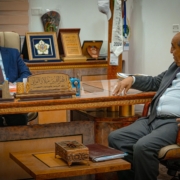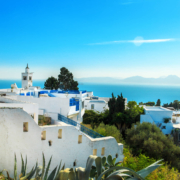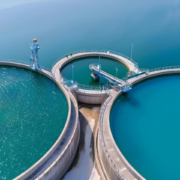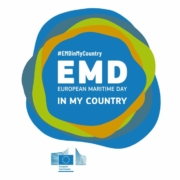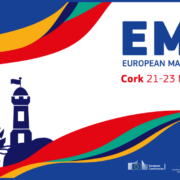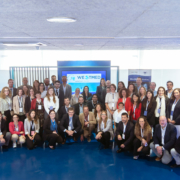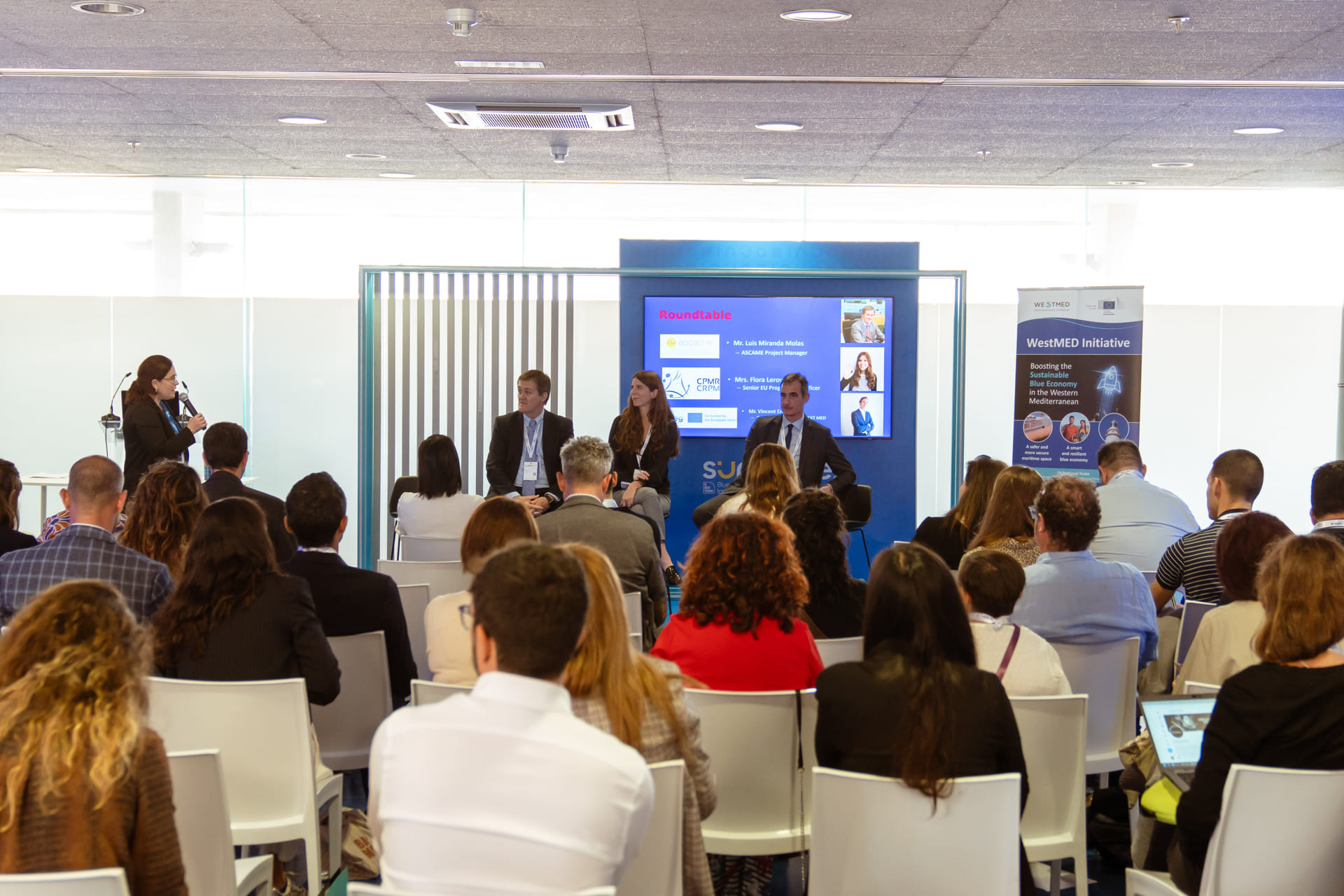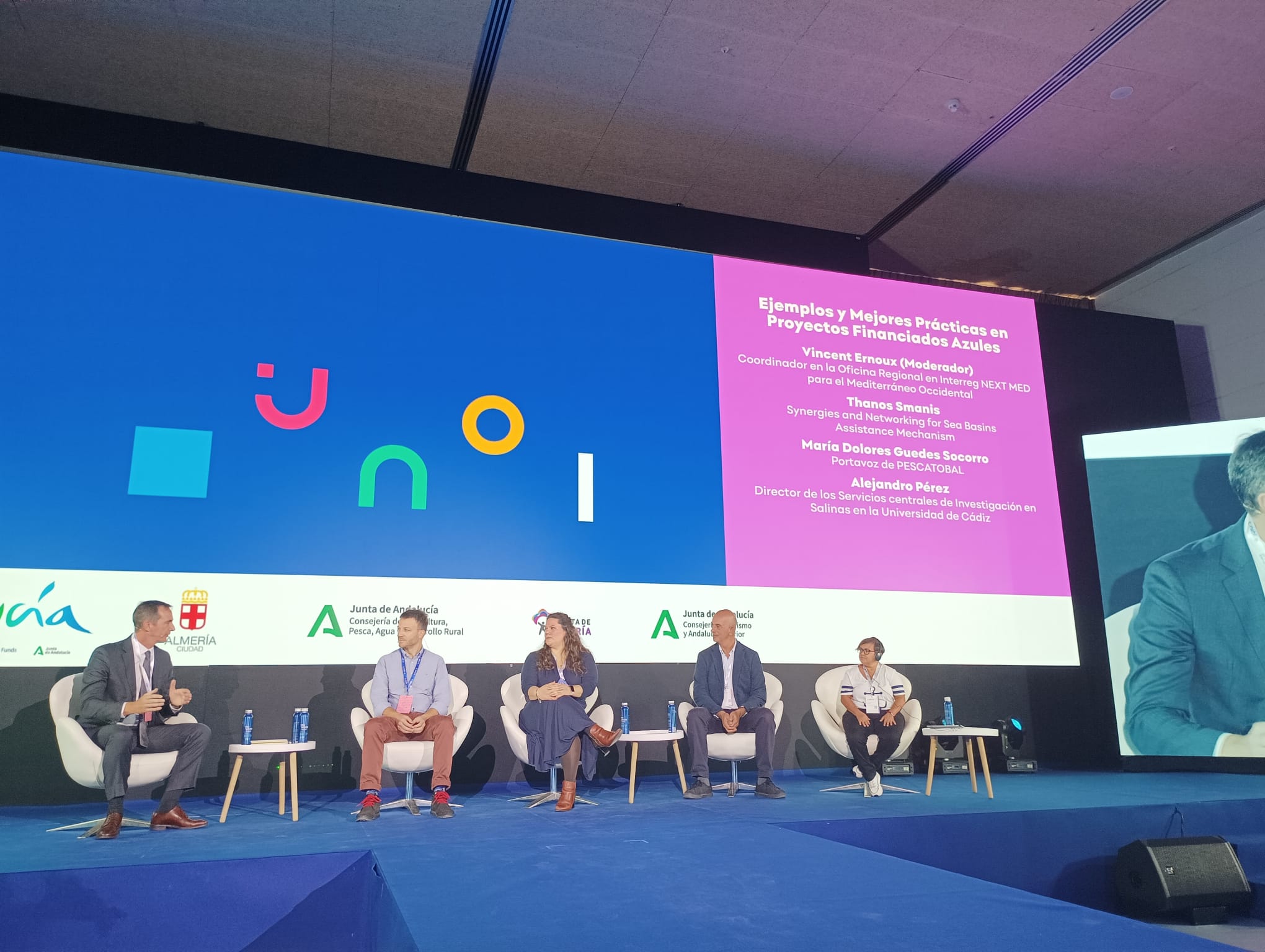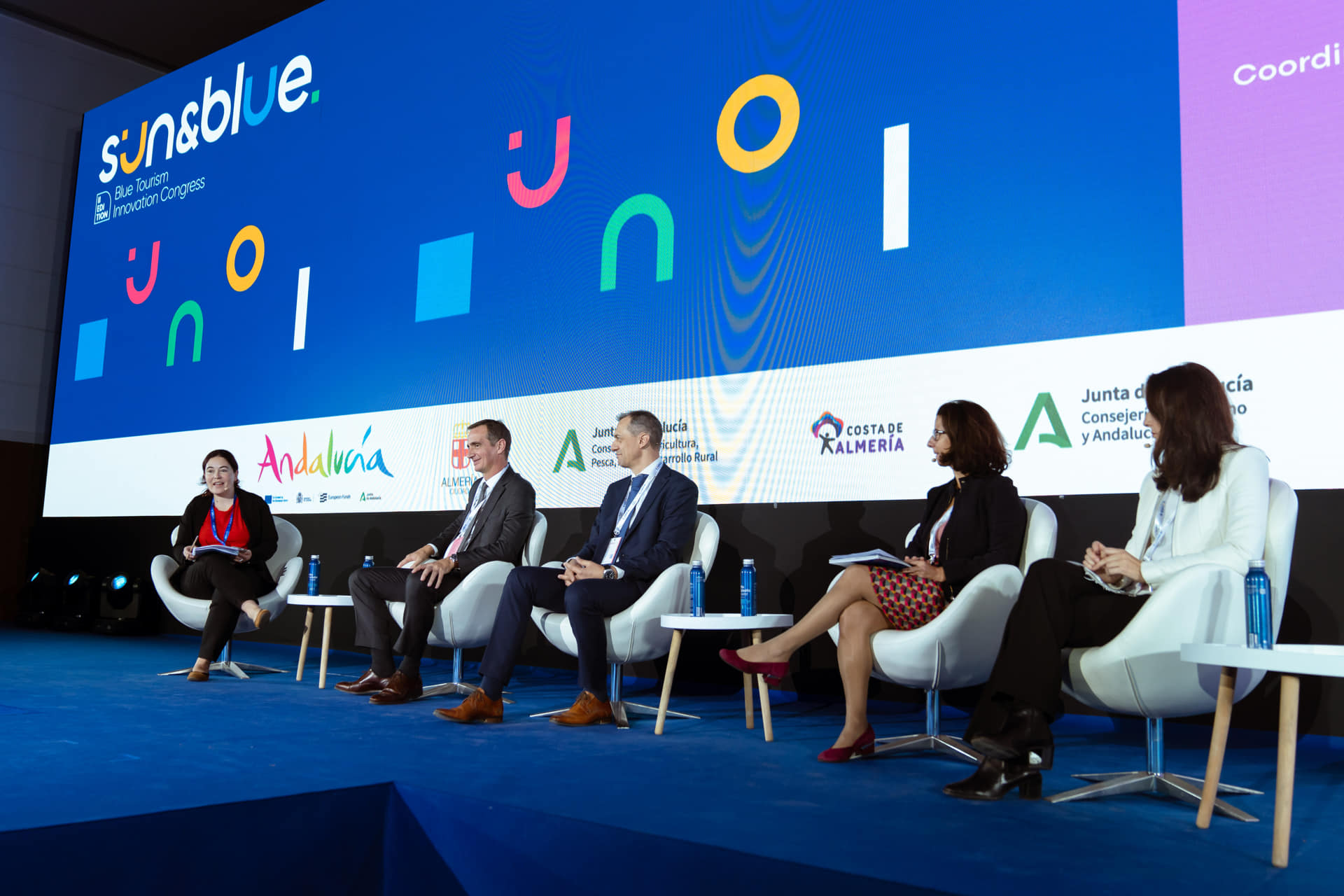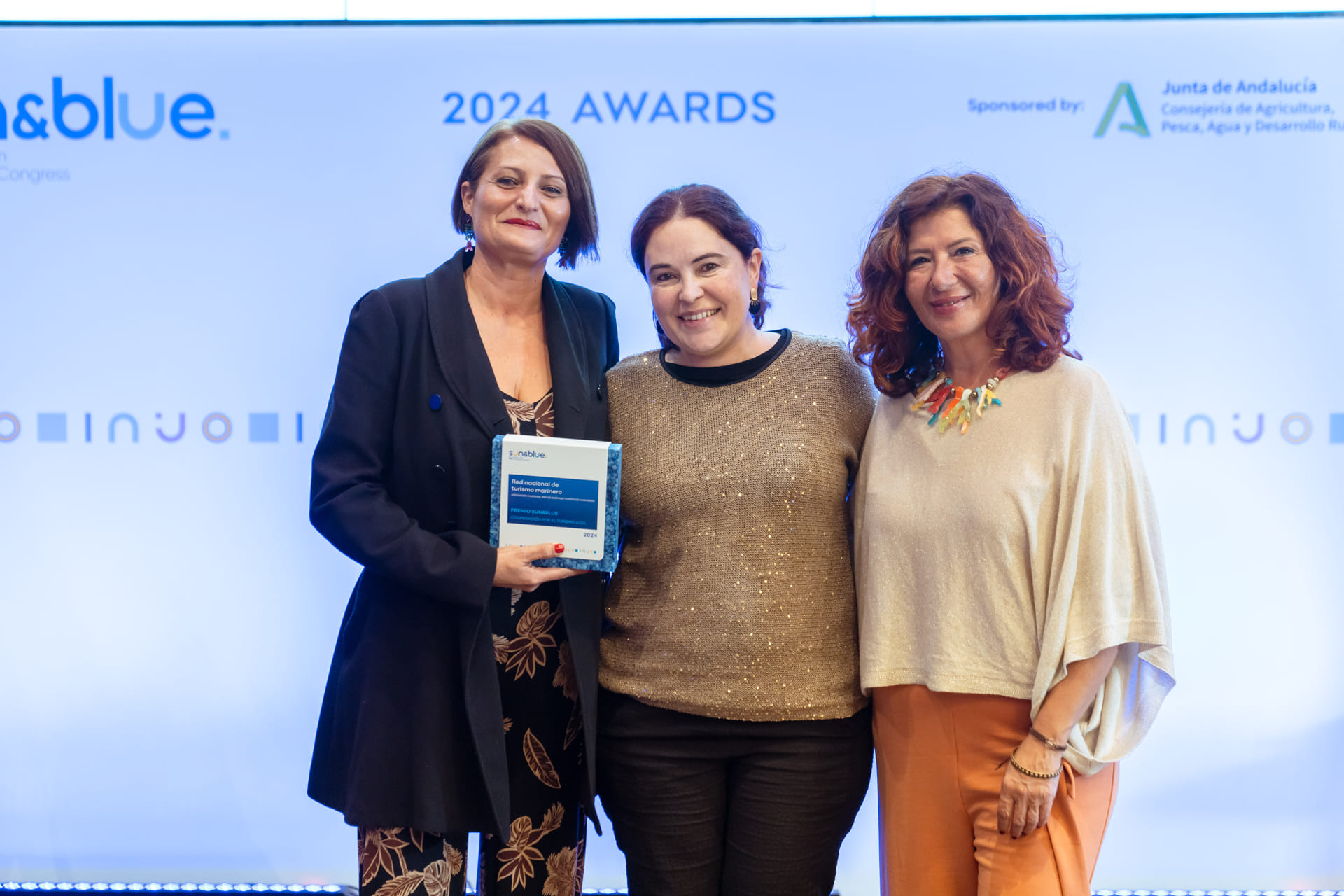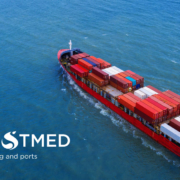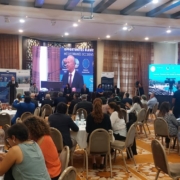This Portuguese WestMED-Atlantic sea basin strategy national event took place on December 16, 2024 at the Hydrographic Institute – Lisbon, Portugal and online. It was attended by over 60 participants representing a wide range of stakeholders from public as well as private organisations.
Key aspects and conclusions:
The Sea Basins Event brought together experts, policymakers, and stakeholders to explore the transformative potential of digitalization and cooperation in advancing the blue economy. Held in a hybrid format at the Hydrographic Institute in Lisbon and online, the event focused on fostering innovation, promoting sustainability, and enhancing interregional collaboration across maritime sectors. This platform served as a crucial opportunity to share knowledge, best practices, and strategic initiatives aimed at addressing challenges and unlocking opportunities within the Atlantic and Mediterranean regions.
Panel I: Digitalization, Cooperation, and the Blue Economy
Carlos Pinho, Lead Manager of Portugal Blue Digital Hub, highlighted the transformative role of the Blue Economy Digital Innovation Hub in driving digital and environmental transitions. He emphasized the importance of fostering entrepreneurship and developing solutions based on Artificial Intelligence, Blockchain, and Big Data. The initiative’s recognition by the European Commission underscores its significance in advancing sustainable innovation.
Siham Fellahi, Finance Inspector and Head of Mission at the Blue Economy PMU, presented an overview of Morocco’s Blue Economy development program. She elaborated on the ongoing strategy to integrate innovation, showcasing sustainable projects driven by digital solutions. Her presentation also emphasized the pivotal role of digitalization and interregional cooperation in boosting competitiveness and sustainability.
Sébastien Cann, Business Development Manager at Pôle Mer Bretagne Atlantique, focused on the strategic importance of digitalization in optimizing operations, fostering economic growth, and achieving environmental goals. He illustrated his points with examples from their strategic roadmap, innovation projects like the Blue Shuttle Interreg initiative, and efforts such as the Digital Twin of the Oceans.
Javier Hernandez Noriega, CEO and Founder of the Navy Marine Andalusian Cluster, showcased ongoing and completed projects that leverage digitalization to advance a sustainable blue economy. He highlighted the significance of Atlantic-wide cooperation frameworks in driving innovation and achieving breakthroughs in this sector.
Lucia Castro Diaz, Manager at DIH DATAlife, shared the potential of the EDIH Network in fostering cooperation and innovation. She detailed DIH DATAlife’s history, partnerships, and services, providing examples of successful digitalization projects in Galicia that contribute to regional and interregional growth.
Panel II: Recent Dynamics in the Maritime Basins and Initiatives for a Sustainable Blue Economy
Susana Grácio from Turismo de Portugal shared insights on the Blue Tourism Best Practices Guides and the Sustainable Tourism Plan 2023. She underlined the importance of achieving environmental, economic, and social sustainability, particularly for SMEs, through strategic guidelines and best practices.
Eduardo Silva, Professor at ISEP and Researcher at INESC TEC, highlighted the integration of smart technologies and digital systems to enhance environmental sustainability. As the Pilar IV Coordinator for the Atlantic Strategy, he shared measures aimed at improving data accessibility and digitalization initiatives that support sustainable ocean management under the « Healthy Oceans » pillar.
Telmo Geraldes Dias, Head of the Technical-Scientific Data Management Center Division at the Hydrographic Institute of the Portuguese Navy, presented the National Oceanographic Data Center (NODC-PT). He explained its role in coordinating marine data stakeholders and promoting a unified oceanographic management system. His presentation highlighted the NODC’s contributions to climate variability detection, marine resource sustainability, and national security.
Conclusions:
The Sea Basins Event underscored the critical importance of digital transformation and collaboration in shaping the future of the blue economy. The discussions revealed that integrating smart technologies and fostering interregional cooperation are essential for achieving sustainable growth, enhancing operational efficiency, and addressing environmental challenges. Speakers demonstrated how innovation and digital tools can serve as catalysts for both economic progress and ecological preservation.
Moreover, the event emphasized the value of sharing best practices and successful initiatives across regions. By leveraging the expertise and experience of various stakeholders, it is possible to build a resilient, inclusive, and forward-looking maritime economy. The insights provided by the speakers highlighted actionable pathways to address current challenges while paving the way for long-term sustainability.
For more information about this event, contact Lorella Ciuti (WestMED National Hub Portugal)

